
The Beast (2024, dir. Bertrand Bonello) – Second Helping
Certificate: 15
Running Time: 145 mins
UK Distributor: Vertigo Releasing
UK Release Date: 31 May 2024
WHO’S IN THE BEAST?
Léa Seydoux, George MacKay, Guslagie Malanda, Dasha Nekrasova, Martin Scali, Elina Löwensohn, Marta Hoskins, Julia Faure, Kester Lovelace, Félicien Pinot, Laurent Lacotte, Weronika Szawarska, Jasmine Van Deventer, Xavier Dolan, Bertrand Bonello
WHO’S BEHIND THE CAMERA?
Bertrand Bonello (director, writer, producer, composer), Guillaume Bréaud and Benjamin Charbit (writers), Justin Taurand (producer), Anna Bonello (composer), Josée Deshaies (cinematographer), Anita Roth (editor)
WHAT’S IT ABOUT?
A woman (Seydoux) has an encounter with a man (MacKay) over different time periods…
WHAT ARE MY THOUGHTS ON THE BEAST (THE SECOND HELPING)?
During my initial viewing of Bertrand Bonello’s ambitious mind-bender The Beast, taking place at last year’s BFI London Film Festival, the phrase “what in the actual hell?” was coming up a lot in my head. That’s because, at the time, I could not comprehend what in the actual hell – there it is again! – was meant to be happening in this film, which plays around with time periods, tonal shifts, and all-out David Lynch weirdness so much that it amounted to an unrivalled mess.
Despite my initial negativity toward the film, it was one that I was still keen on revisiting, to see if maybe I was wrong about it. After all, it’s a film that has been getting high praise from much more prominent film critics than myself, ever since its original debut at the Venice Film Festival, so was there something about The Beast that I just wasn’t picking up on? Could it be one of those films that improves significantly on a second watch?
The good(ish) news is that this second viewing of The Beast is slightly more palatable than the first, probably because I knew what to expect this time. However, it has also allowed me to properly articulate why, despite its genuinely intriguing attributes, the film as a whole does not work.
Based very loosely on Henry James’ 1903 novella The Beast in the Jungle, Bonello’s film takes place across three separate eras. The first is in early 20th century Paris, where renowned pianist Gabrielle (Léa Seydoux) comes across a handsome Englishman named Louis (George MacKay), with whom she previously shared a personal secret: she is fearful that a catastrophic event will lead to her demise. Then, we find ourselves in the year 2044, when artificial intelligence has apparently taken over the world and made humanity, with their compromising emotions, all but redundant. It is in this timeline when Gabrielle is compelled to undergo a procedure that taps into her past lives – hence the significant time-jump – and purify her DNA so that she can be better suited for work in this dystopian world.
Then, there’s the third era. This one is set in Los Angeles during the year 2014, when Gabrielle is a model and actress finding work on local commercials while housesitting a rather nice mansion in the Hollywood hills. Meanwhile, Louis is a frustrated young man who regularly makes videos documenting his growing hatred of women for their apparent lack of sexual interest in him. As in the two other time periods, their worlds ultimately collide in rather mysterious fashion, only here their shared path seems all but destined for something far less romantic, which anyone who knows the plight of real-life mass murdering incel Elliot Rodger – whom this incarnation is said to be heavily based on – can attest.
It was whilst re-watching this particular section of The Beast that I finally realised why the overall film isn’t particularly strong. Whereas both the historical Belle Époque strand and the futuristic AI narrative put forth an intriguing motif about lovers finding one another across different times and undergoing similar rituals with one another, in some cases even reciting the same dialogue with one another, the LA-set branch completely disrupts that matter with a much darker and seedier, even surreal, tone that doesn’t match anything that its two fellow sections embody.
Unlike the other sections, especially the earlier one, it is far from romantic in tone and execution, as he is a misogynistic young man who feels entitled to sex while she is a slightly vapid performer who considers getting cosmetic surgery to keep up with fellow models, betraying the central romantic hook by suggesting that these are two people who might not necessarily belong together after all. Granted, the other strands don’t exactly offer any lighter solutions either (without getting into spoilers), but if the core concept lives or dies on the connection that these characters supposedly have across several periods in time, then this feels like a hugely unnecessary hole that becomes bigger and bigger as it ties itself more into the central themes.
The LA section is also where Bonello perhaps lets his inner David Lynch show a bit too much, with the whole strand feeling like a half-baked tribute to Mulholland Drive. The French filmmaker leans heavily into that brand of Lynchian surrealism, with hallucinatory sequences, distorted editing, and even clips from Harmony Korine’s provocative film Trash Humpers all doing more to throw off the viewer rather than retain a sense of mystery, because the situation here is as black-and-white as they come, and nowhere near as layered or interesting as anything in Lynch’s film. It never feels as though Bonello is saying anything with his own take on the style, and more that he’s just emulating it to appear more like David Lynch, which again goes against what he was perhaps trying to do with this film, because if you remove it from the other two narratives, almost nothing is different, and honestly it would have been better without it.
It’s a handsomely crafted film, with the sets and aspect ratio-shifting cinematography being quite stunning to look at in parts, but a somewhat misguided direction ultimately confirms my original opinion on The Beast, which is that it is mostly nothing but a whole load of – say it with me – “what in the actual hell?”
SO, TO SUM UP…
The Beast is a disappointingly baffling experience that has an intriguing enough premise and set-up, as well as some handsome production values, but is significantly let down by a misguided direction that betrays the ultimate concept.




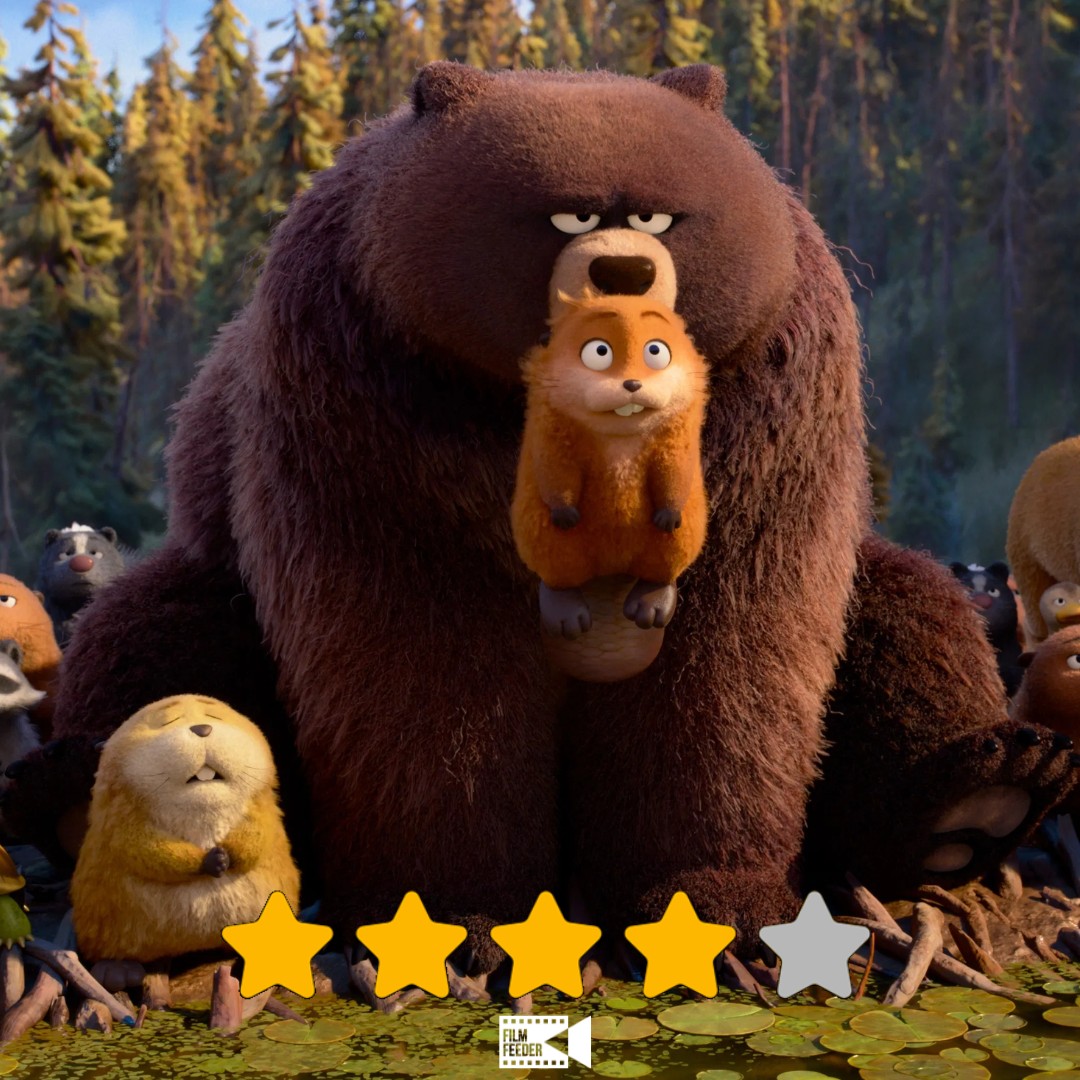
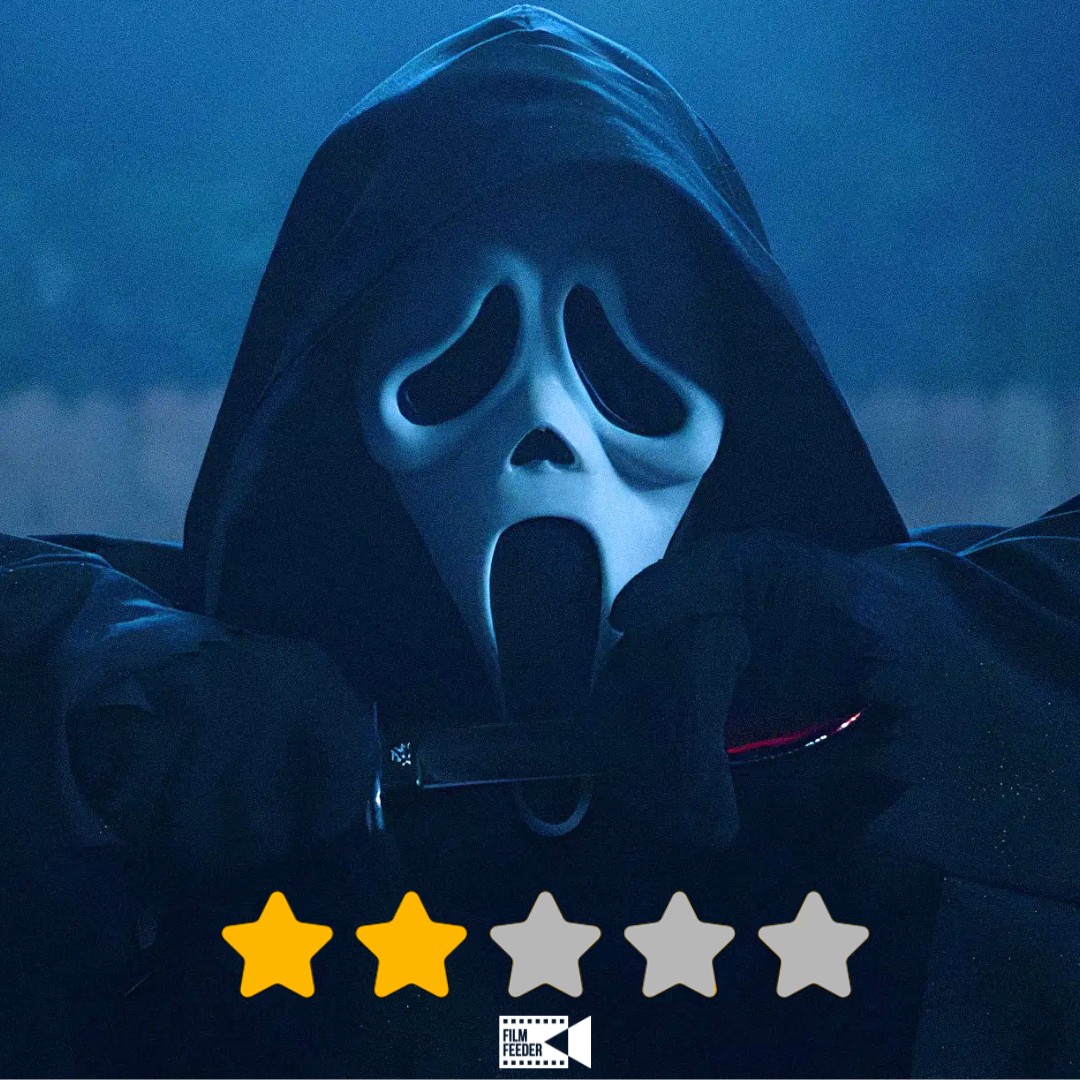

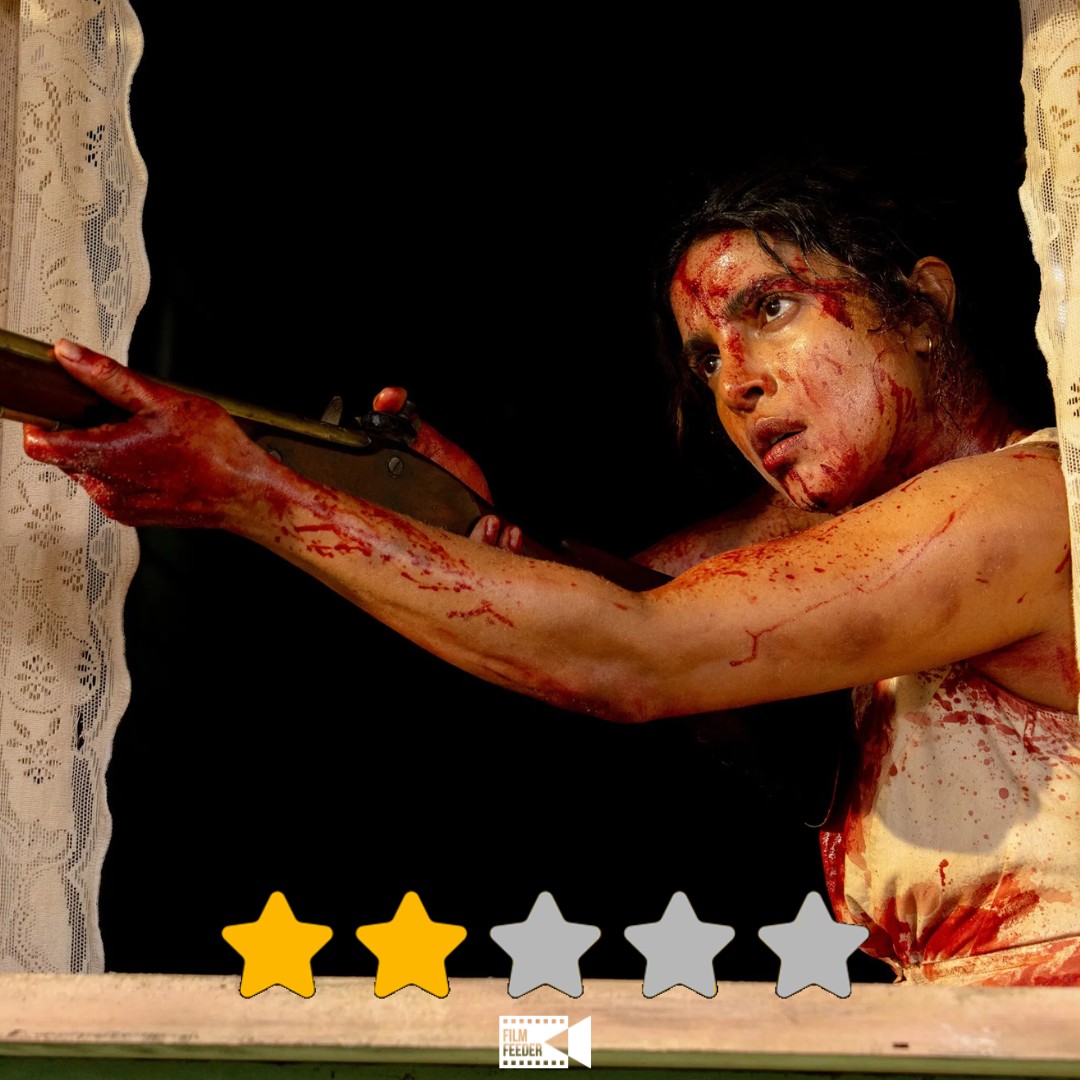
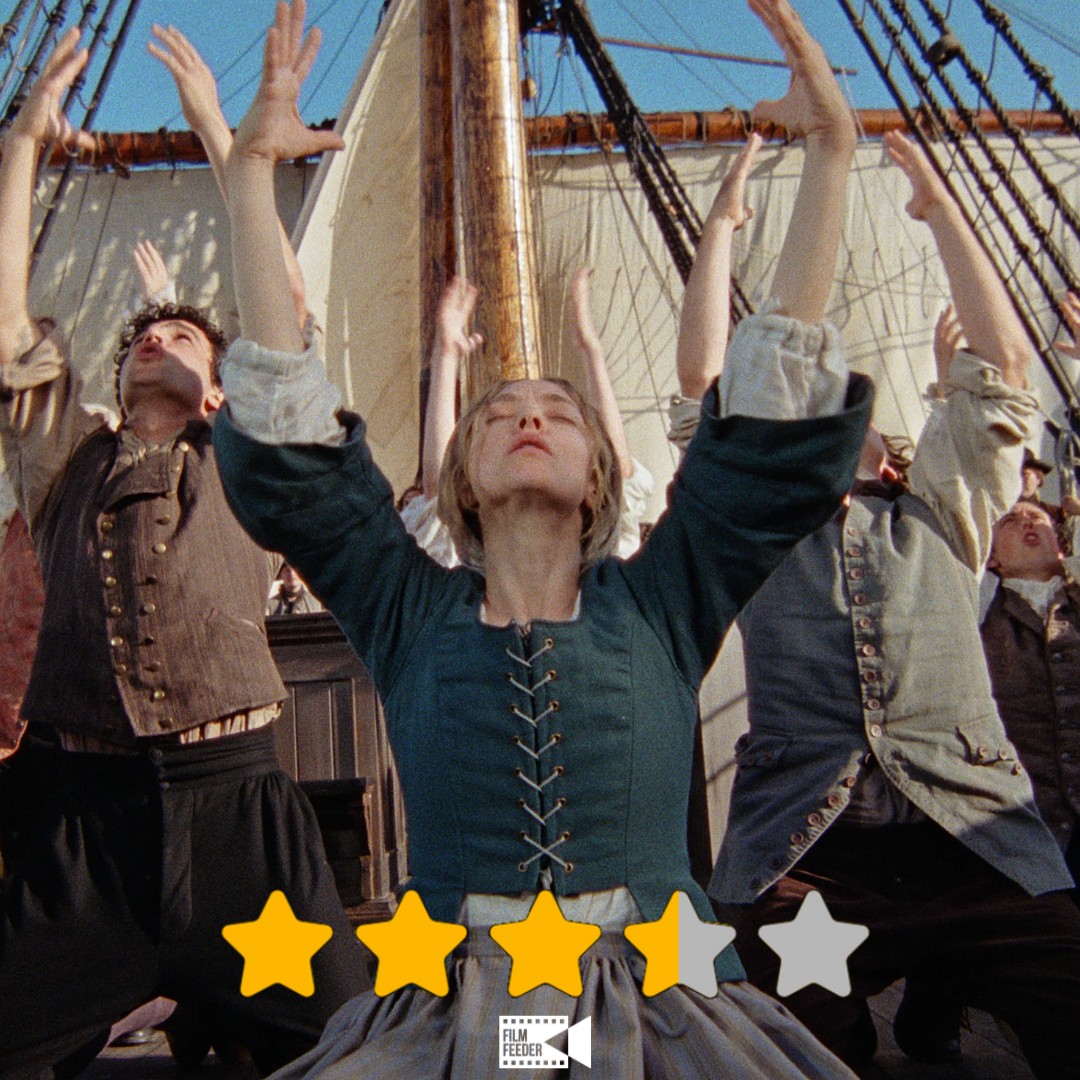

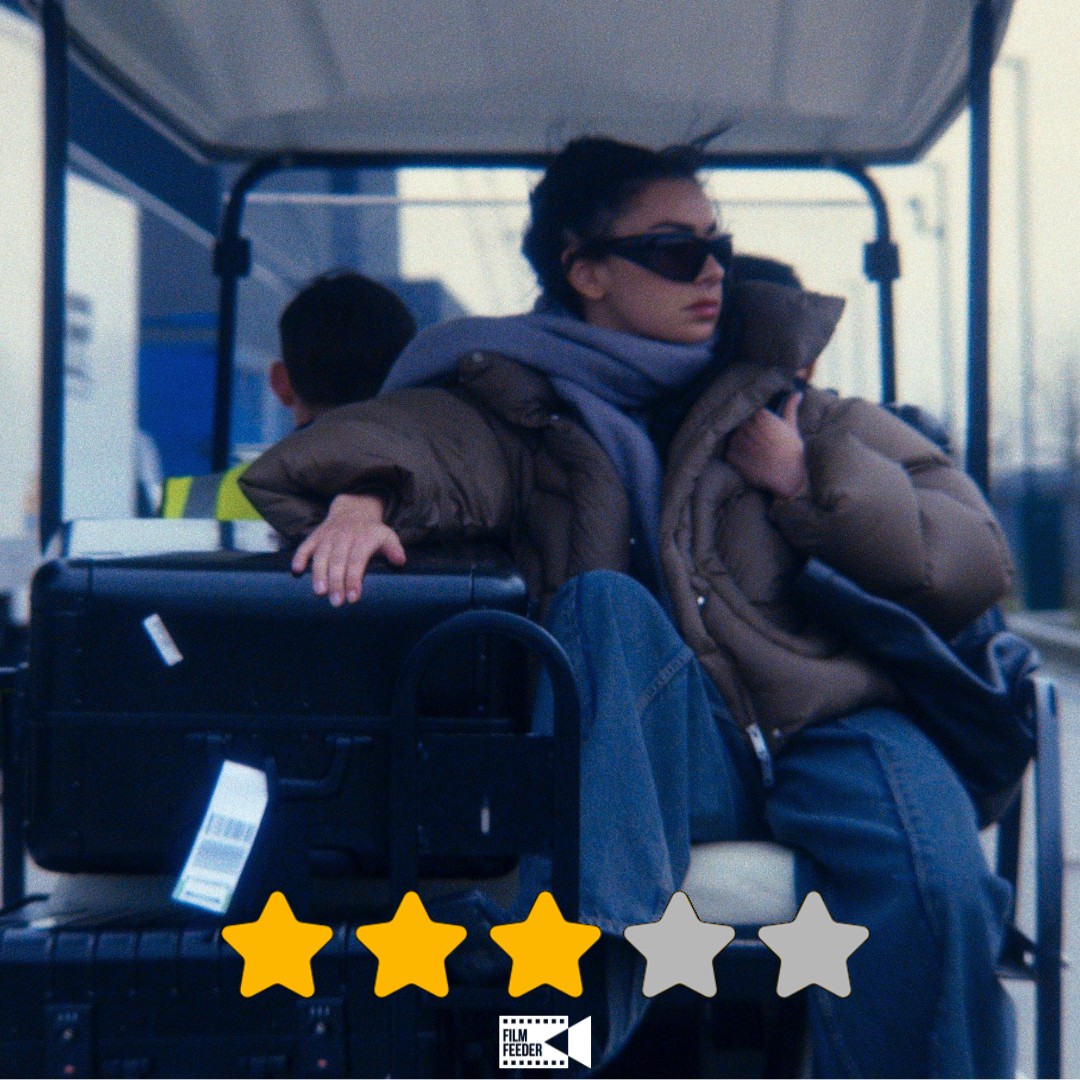
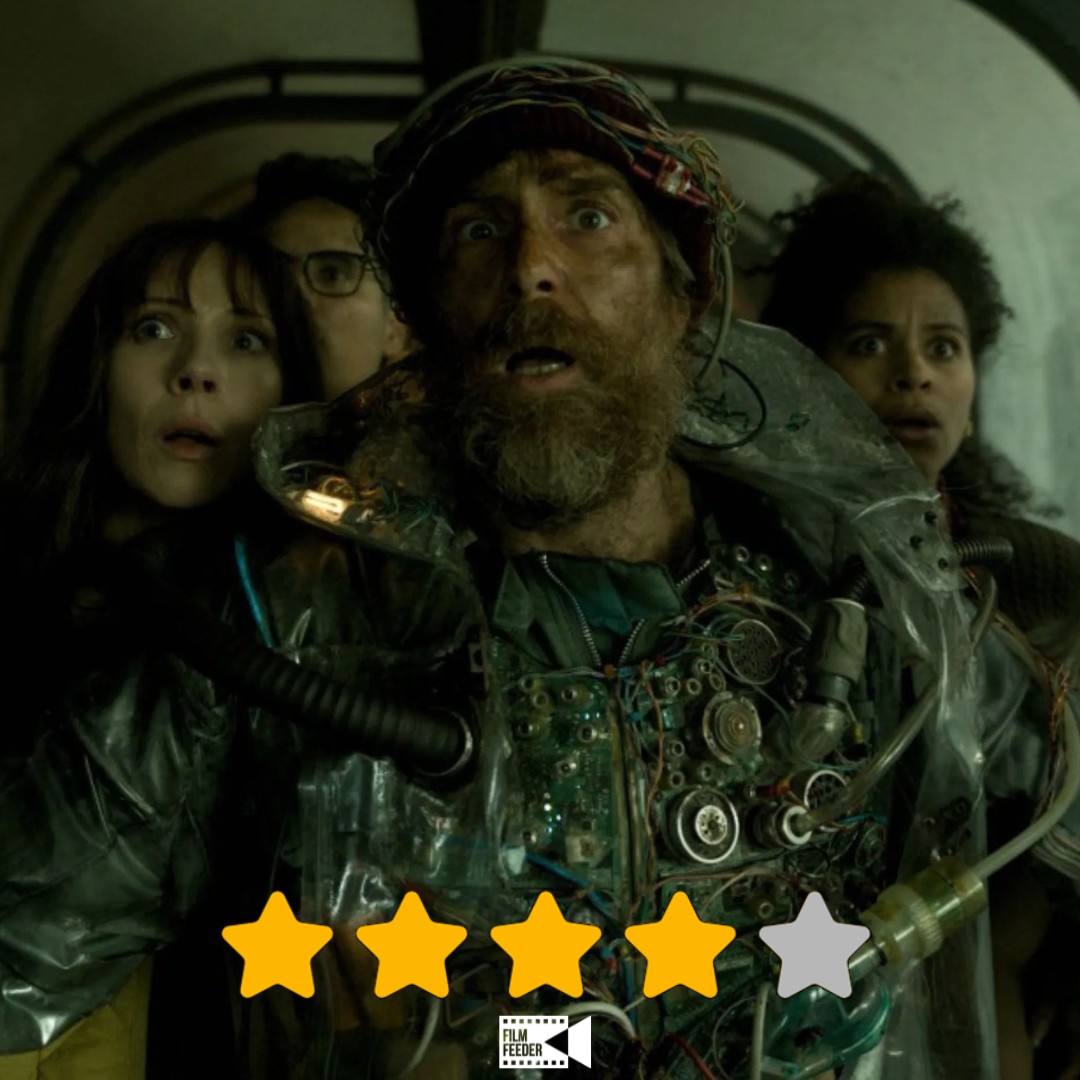
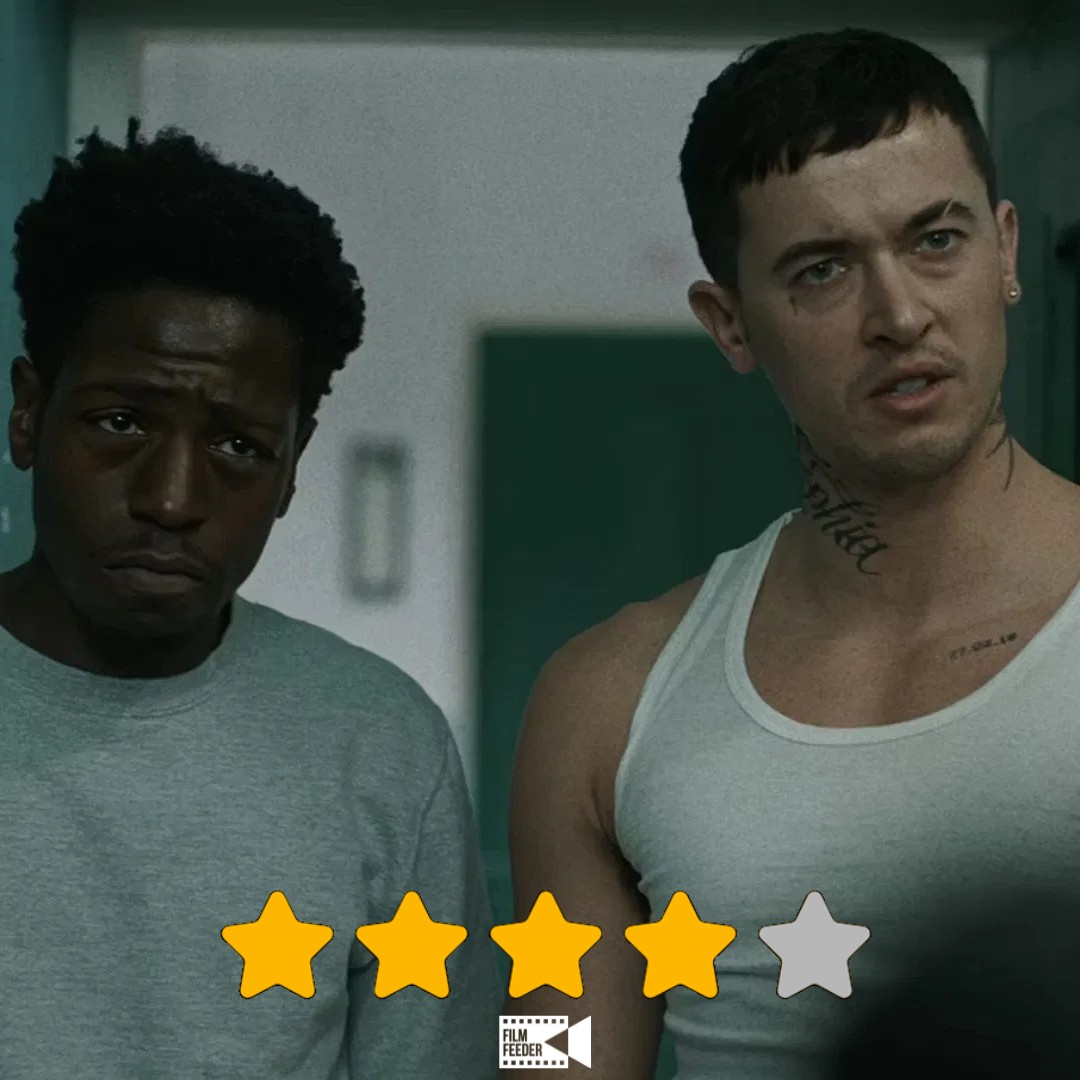
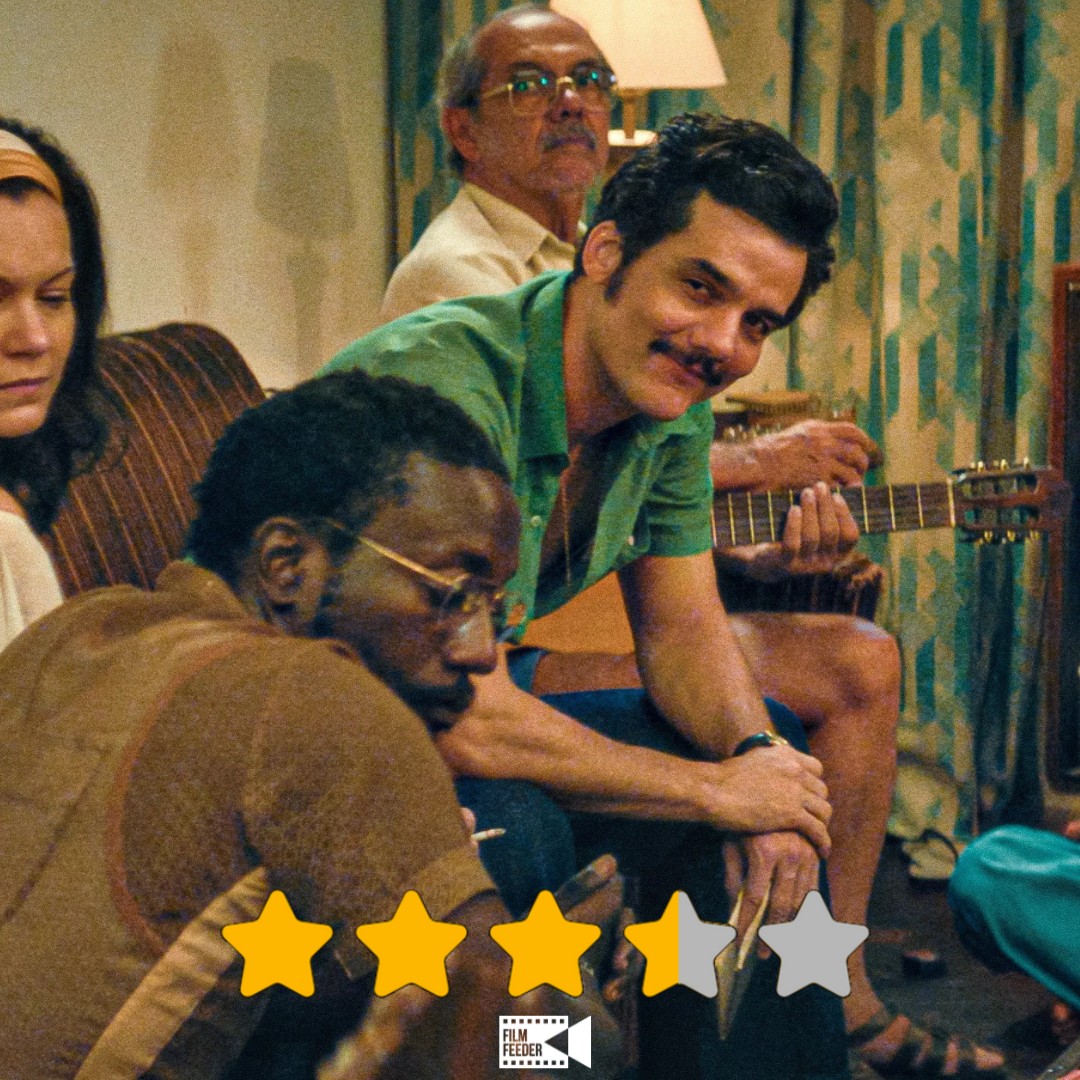
0 Comments